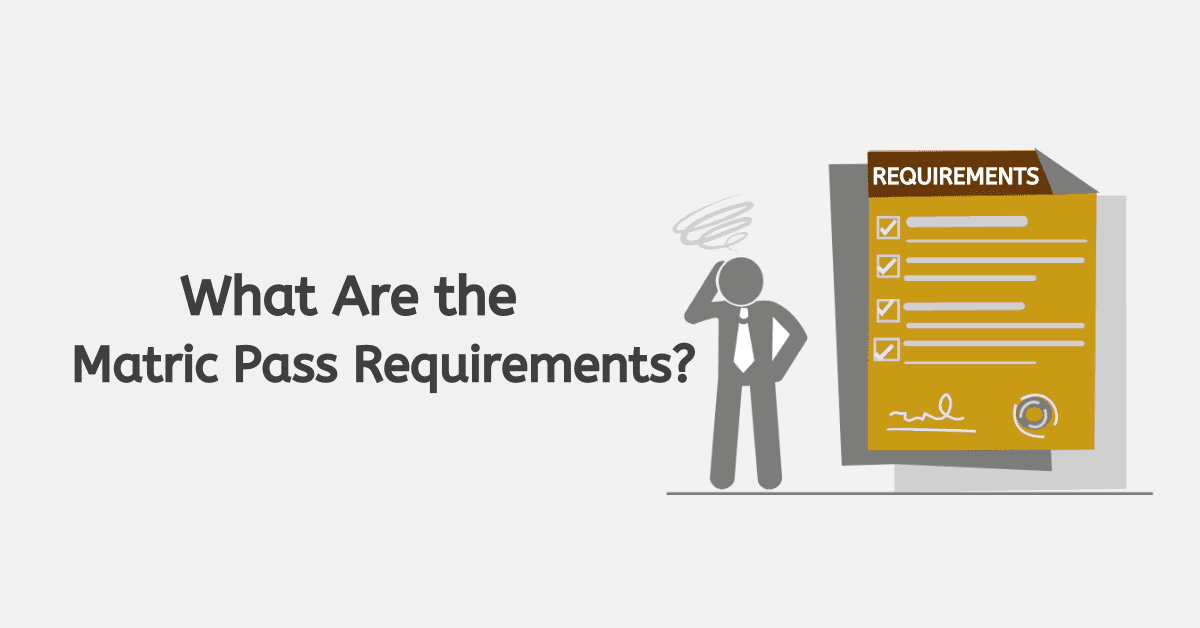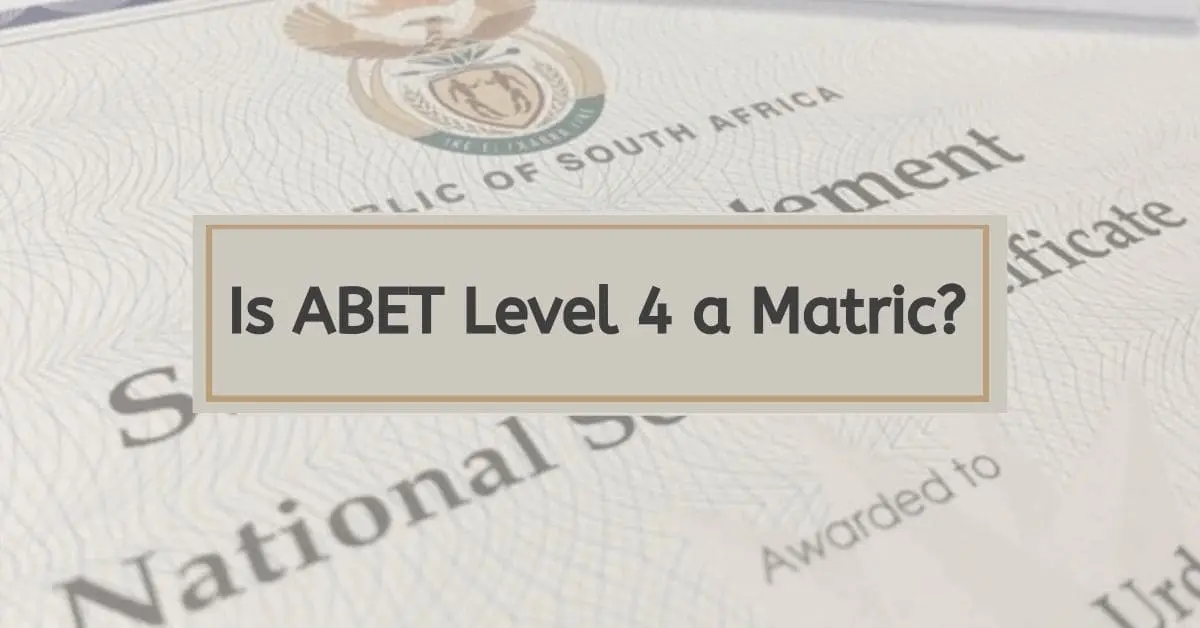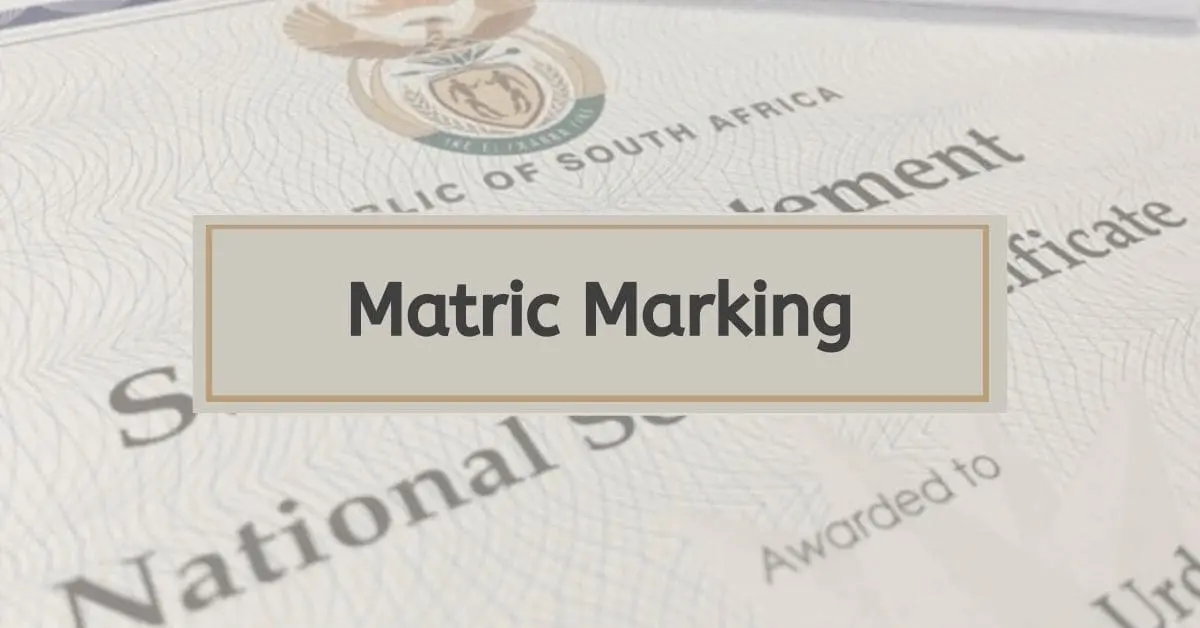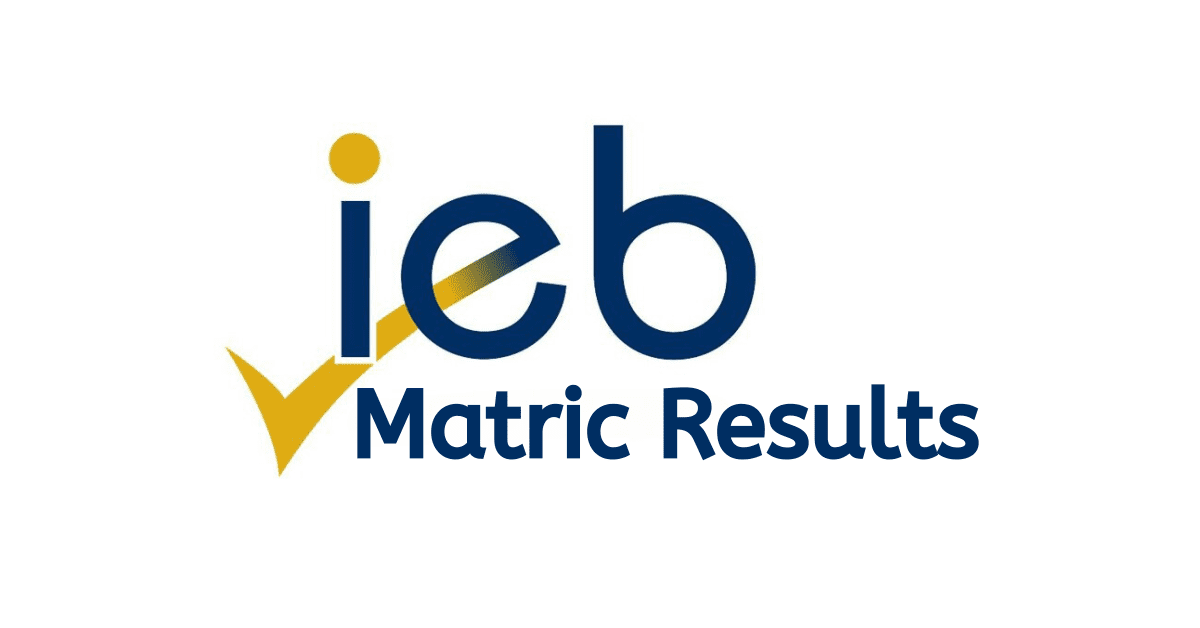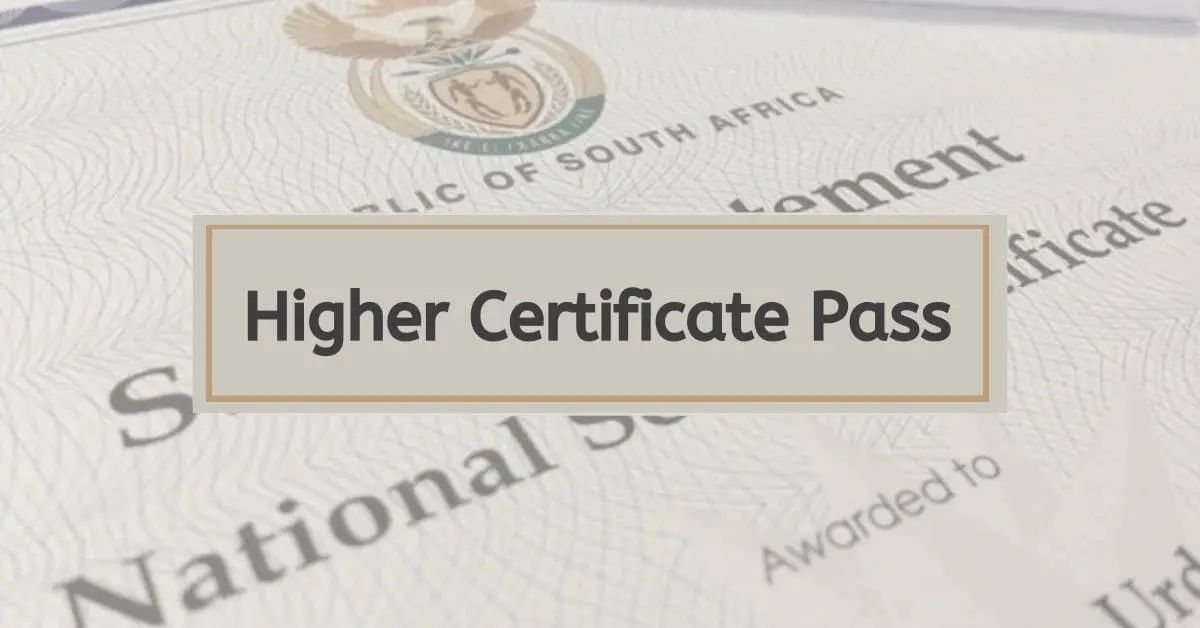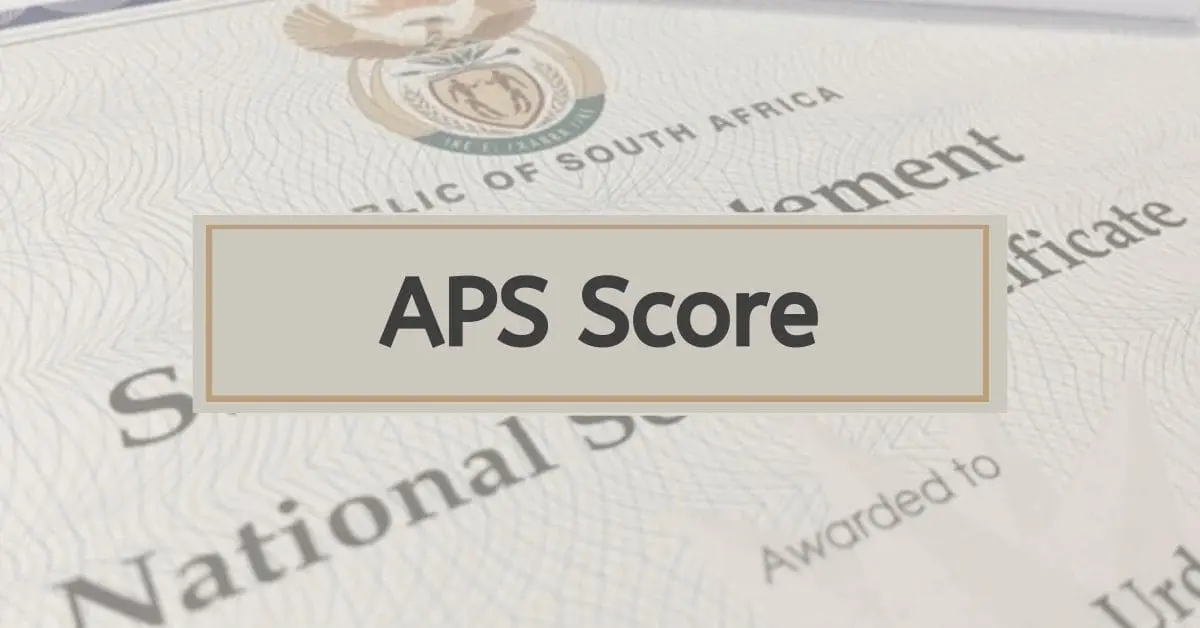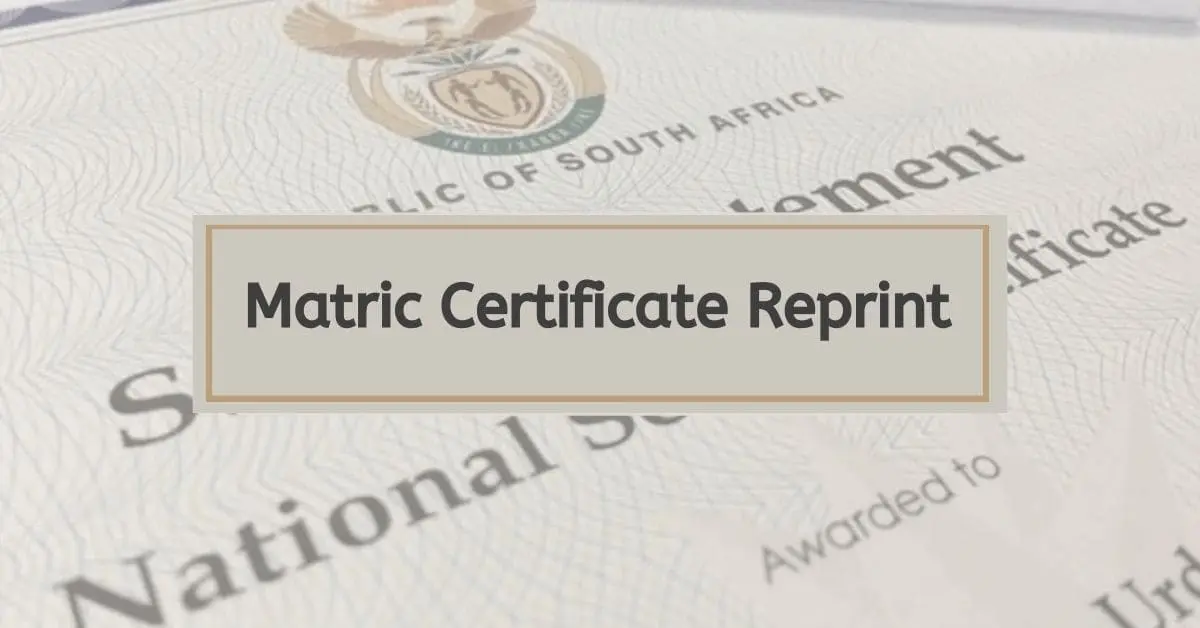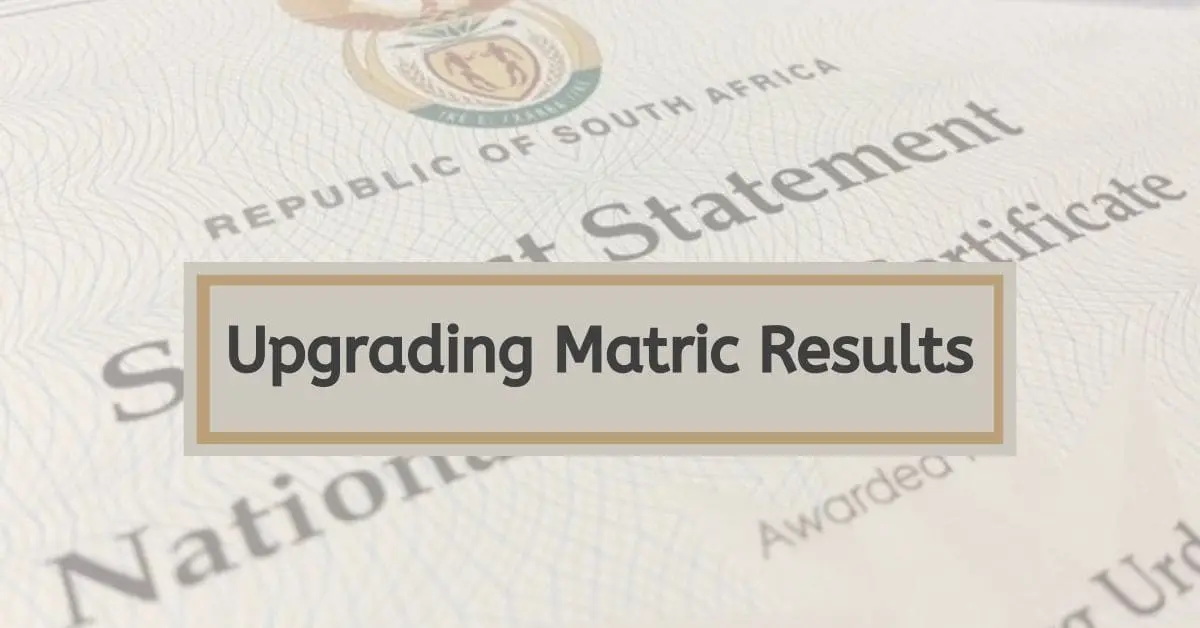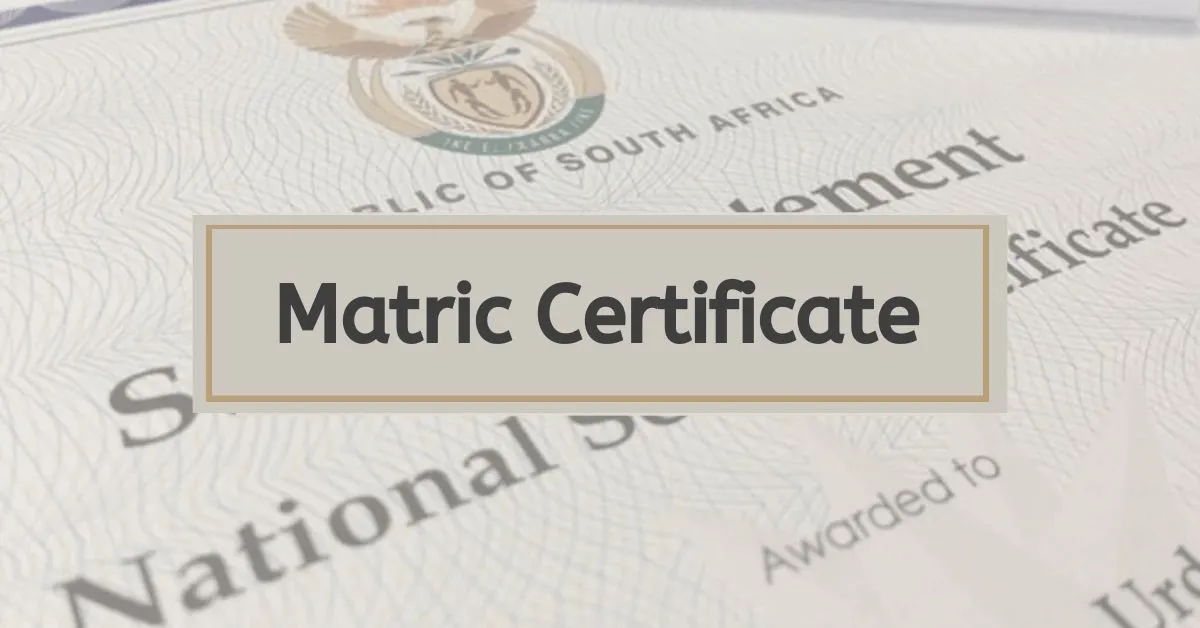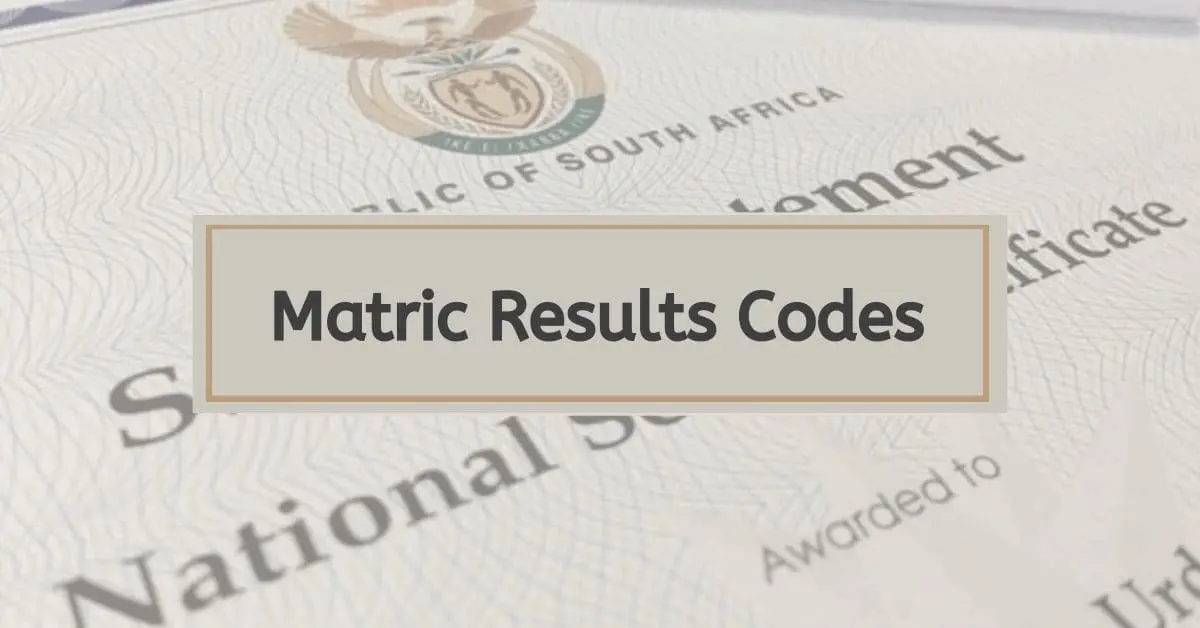Coming up short in a matriculation subject (the ultimate lap of high school in South Africa) might trigger worry among students. Yet, it’s crucial to grasp that a single stumble isn’t the final chapter. A realm of routes and avenues beckons, aiding students in conquering this bump and striving for a victorious journey ahead. In this article, we will explore the consequences of failing one subject in matric
What Next After Failing One Matric Subject?
Failing one subject during matric can be disappointing, but it doesn’t necessarily mean that you won’t be able to progress or achieve your goals. The South African education system provides options for learners who haven’t achieved a pass in all their subjects.
- Supplementary Exams: If you fail one subject, you might have the opportunity to write a supplementary exam. You’re granted a chance to take another shot at the exam, boosting your outcome. Remember, supplementary assessments usually target a select set of subjects and adhere to specific qualification standards.
- Combining Exam Results: Some institutions and employers might consider combining your matric results and other achievements to determine your eligibility. This approach considers your overall academic performance and other relevant skills or experiences.
- Rewriting Matric: If you’re unsatisfied with your results, you can rewrite your matric exams the following year. This option allows you to focus on improving your marks in the subjects you struggled with.
- Repeating the Grade: In more challenging situations, you might consider repeating the entire matric year. While this might seem like a setback, it can allow you to strengthen your foundation in various subjects and aim for better results.
What Are The Requirements To Pass Matric?
To pass matric in South Africa, you need to meet specific requirements set by the education authorities. These criteria secure a comprehensive learning experience for students before they enter higher education or the professional arena. The general matric pass requirements include the following:
- Minimum Subjects: You need to complete a minimum of seven subjects in your final year of matric.
- Compulsory Subjects: There are four compulsory subjects that you must pass:
- Home Language: This is the language in which you are most proficient and comfortable.
- First Additional Language: You must also pass a second language, which can be your next strongest language.
- Mathematics Choice or Mathematical Literacy Option: You hold the reins – the subject in question is yours to select, be it Mathematics or Mathematical Literacy.
- Life Orientation Choice: Here, life skills, self-growth, and ethical judgments take center stage.
- Passing Grades: To pass matric, you generally need to achieve at least 40% in your Home Language, 30% in your First Additional Language, and 30% in four other subjects. However, specific institutions and programs might have higher requirements for entry.
- Adequate Credits: Besides passing grades, you must accumulate enough credits to be eligible for a National Senior Certificate (NSC). This means achieving a certain percentage in each subject’s internal assessment (school-based assessments) and the final exams .- ADVERTISEMENT -
- Subminimum: There’s a concept called the subminimum, which allows you to fail one subject (excluding Life Orientation) but still be eligible for a matric certificate as long as you meet specific criteria.
It’s important to note that achieving higher grades opens up more opportunities for further education and scholarships. Aiming for the best results possible is advisable, but remember that passing matric is a significant achievement.
How Can I Improve My Matric Marks?
Improving your matric marks requires dedication, effective study strategies, and a positive mindset. Consider these pointers to elevate your performance:
- Study Techniques: Explore various study-related techniques and find the best for you. This might include creating study schedules, using flashcards, practicing past exam papers, and seeking help from teachers or tutors when needed.
- Set Clear Goals: Define specific goals for each subject and the overall results you want to achieve. Well-defined objectives can fuel your drive and offer a guiding compass.
- Reach out for Extra Support: When a specific subject poses challenges, feel free to seek assistance. Educators, mentors, and online references are available, ready to shed light and untangle complex ideas.
- Practice Time Management: Effective time management is crucial. Allocate dedicated time for studying each subject, and balance your study sessions with breaks to avoid burnout.
- Stay Positive: Maintaining a positive attitude can significantly impact your performance. Believe in improving and staying resilient, even if you encounter challenges.
What Are The 4 Compulsory Subjects?
In the South African matric curriculum, there are four compulsory subjects that all learners are required to take:
- Home Language: This is the language you are most proficient in and serves as the medium of instruction for other subjects.
- Exploring a New Extra Language: You must also delve into a second language, which you can pick from a lineup of accepted linguistic choices.
- Deciding on Math or Math Literacy: Scholars must select either Mathematics or Mathematical Literacy. Mathematics delves deeper, whereas Mathematical Literacy applies math practically in real-world scenarios.
- Life Orientation: Unveil life’s essentials in Life Orientation – embracing personal growth, physical activities, and groundwork for your future career.
Conclusion
Failing one subject in matric might feel like a setback, but it’s important to remember that it’s not the end of the road. South Africa’s education system offers several options for learners to improve their results, whether through supplementary exams, rewriting exams, or other pathways. Additionally, understanding the requirements to pass matric, employing effective study strategies to improve marks, and excelling in the four compulsory subjects can contribute to a successful educational journey and future endeavors. Remember, setbacks are temporary, and with determination and hard work, you can overcome challenges and achieve your goals.
